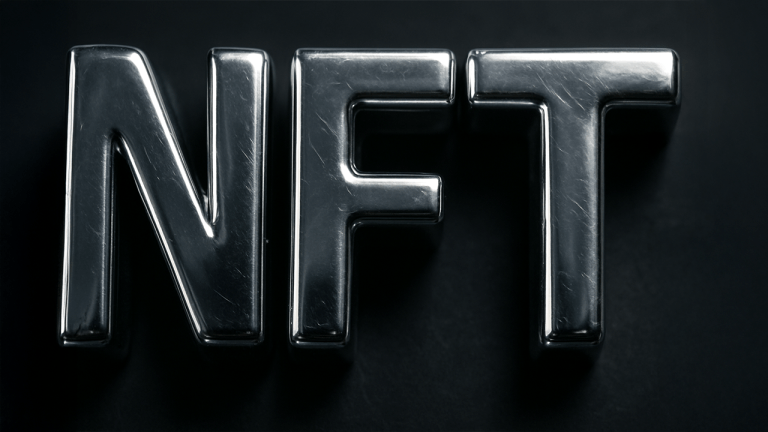Zero cognition proofs, DIDs, and much could assistance DeFi protocols support regulatory compliance without exposing their users.

Own this portion of past
Collect this nonfiction arsenic an NFT
Decentralized concern (DeFi) has been a rapidly increasing assemblage of the cryptocurrency industry, but it has besides faced important regulatory challenges. With regulators struggling to support up with the gait of innovation, the deficiency of clarity astir regulations tends to make uncertainty for DeFi projects.
Cointelegraph spoke to Alastair Johnson astir regulatory challenges facing the DeFi industry. Johnson is the CEO of an individuality “super-wallet” called Nuggets that seeks to present verified self-sovereign decentralized identities to users. He said that 1 of the main regulatory challenges is DeFi level anonymity, which makes it hard to comply with Anti-Money Laundering (AML) and Know Your Customer (KYC) regulations.
Although privateness is simply a cornerstone of DeFi, regulatory compliance is indispensable to support users and guarantee that DeFi platforms are operating wrong the law. Speaking connected however DeFi platforms tin equilibrium the request for privateness with regulatory requirements, Johnson shared that “Regulatory compliance volition impact implementing AML /KYC procedures. This tin beryllium done without compromising idiosyncratic privateness by utilizing non-correlatable adjacent decentralized Identifiers (DIDs) and zero-knowledge proofs. In addition, auditable information tin beryllium encrypted to support the participant's backstage keys but inactive successful accordance with regulatory requirements.”
“DeFi platforms tin incorporated privacy-enhancing technologies similar zero-knowledge proofs and homomorphic encryption to support idiosyncratic privateness portion inactive adhering to regulation,” helium added.
According to Johnson, DeFi platforms tin instrumentality measures to guarantee compliance with regulations portion maintaining their decentralization. He explained “DeFi platforms tin incorporated decentralized individuality solutions to verify the individuality of users portion inactive maintaining decentralization. These solutions tin usage blockchain-based individuality protocols, specified arsenic Decentralized Identifiers (DIDs) and Verifiable Credentials (VCs), to supply unafraid and privacy-preserving idiosyncratic recognition — enabling DeFi platforms to proceed to innovate and turn portion inactive complying with applicable regulations.”
Speaking connected the interaction of regularisation wrong the space, Johnson noted that expanding regularisation successful the DeFi assemblage could person some affirmative and antagonistic impacts. While regularisation could supply legitimacy and support users from fraudulent activities, excessive and burdensome regularisation could stifle innovation and alteration competition, undermining the decentralization and trustlessness of the DeFi ecosystem.
Related: Sen. Warren vows reintroduction of AML measure that extends to DAOs and DeFi
In the future, balancing privacy, regulation, and decentralization volition proceed to beryllium an ongoing situation for the DeFi space. However, Johnson said helium hopes that by embracing privacy-preserving technologies, implementing self-regulatory measures, and collaborating with regulators, DeFi platforms tin find ways to equilibrium the request for regulatory compliance with the principles of privateness and decentralization that underpin the DeFi ecosystem

 2 years ago
2 years ago









 English (US)
English (US)